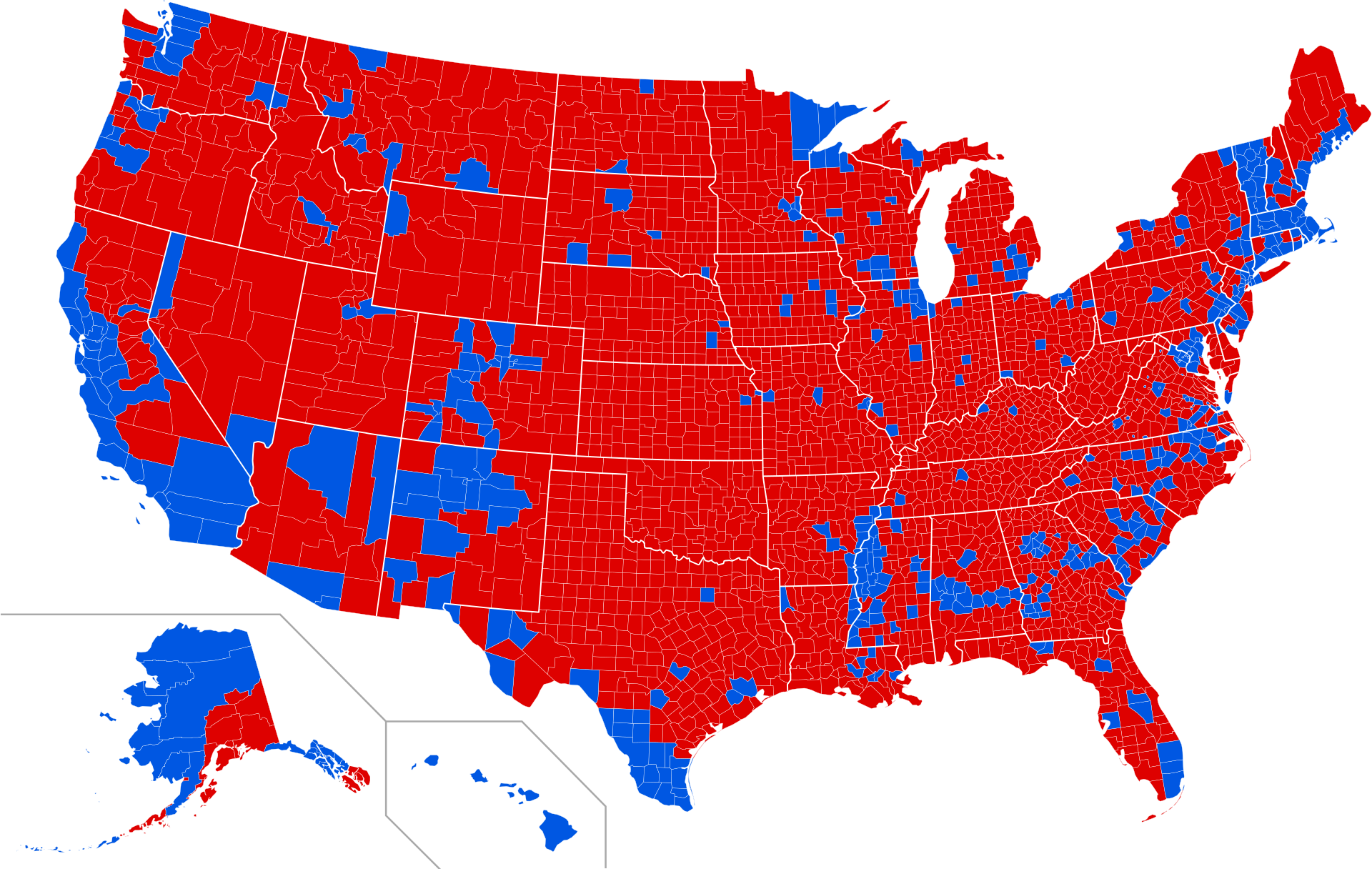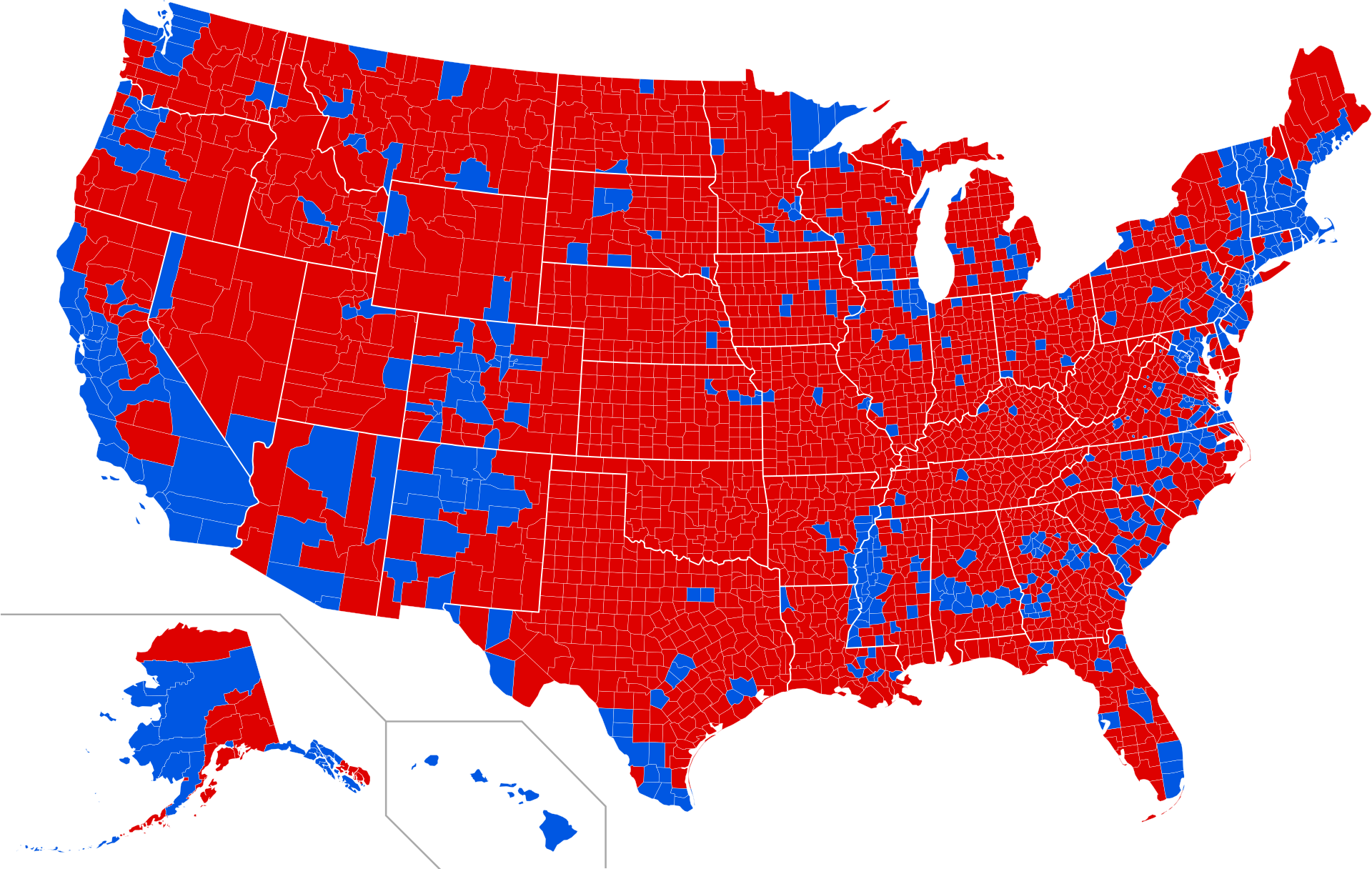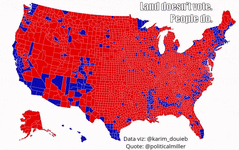Good post, thanks for laying it all out.
Small towns are an outdated model in the modern U.S., a country that has left behind manufacturing and production and shifted into a service economy.
What small towns require (not need, not want... require) in order to be capable of residents to have their basic needs met is either:
A. a constant infusion of outside resources propping them up, basically indefinite long-term welfare.
B. a plan to relocate the populations out of those small towns into places where those needs can be met.
C. small towns to disconnect from dependence on the outside broader world and become more self-sustaining communities.
I see what you're saying, but I also have a different view. Off the top, I have fairly strident disagreements with outsourcing our primary manufacturing. And I think that some of the supply-line issues we've experienced during the pandemic have really exposed the weaknesses of that economic model. I thought they were pretty obvious weaknesses, but I've always seemed to be in the minority.
I also think there's a different underlying desire than you have outlined. Of course, it's complex and multifaceted, but what I think you're missing in your view is that some people have a desire for lebensraum, solitude, and also for community. And that's not something available in urban areas, and it's often lacking in modern suburban areas as well.
I hate cities. Not city-dwellers, most of them are fine. It's the cities themselves. I hate the press of people, the noise, the constant motion, and the lack of wildlife. I feel claustrophobic with that many people constantly around. I don't want to share walls with a stranger, I don't want to hear their arguments or their music or their TV. I want my own quiet and my solitude. I want to be able to be essentially alone while also being outside. I don't want to be surrounded by a sea of strangers, whose idea of culture is restaurants and bars. I want to know my neighbor's names, and know that if something happens I can call on them for help.
Your mention of relocating people to areas where their "needs" can be met... is very likely to cause those people deep unhappiness. If I were forced to live in a city, I would be extremely unhappy. It would take a definite toll on my mental health.
I also think that many of the reasons that created dense urban clusters in the past are no longer relevant. WE have sufficient technology and transportation that being physically located closely is not necessary. A huge number of employees can telecommute with no problem (about 98% of the employees at my company have been doing so for 2.5 years now). There's no need for Starbucks to have their headquarters in downtown Seattle. There's no reason they couldn't have their headquarters in Marysville.
Aside from the very lowest tier of Maslow's hierarchy, people who like urban areas and people who like rural areas have different sources for their needs. Divergence starts in the second tier - I think there's a very different conceptualization of security at play. As an example, I feel significantly less secure in urban settings than I do in rural settings. I feel more exposed to risk from other people than I do from wildlife. Love & belonging, esteem, etc. are all realized in different ways by different people. And I think that a whole lot of that drives the urban/rural divide than you may be taking into consideration.




 I see nothing that resembles evidence or even reason. You write a sentence with zero evidence that is the epitome of Tu Quoque, then say is is NOT because ... [Tu Quoque !]
I see nothing that resembles evidence or even reason. You write a sentence with zero evidence that is the epitome of Tu Quoque, then say is is NOT because ... [Tu Quoque !]